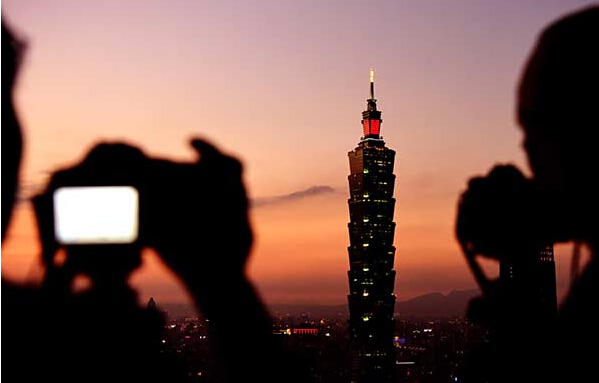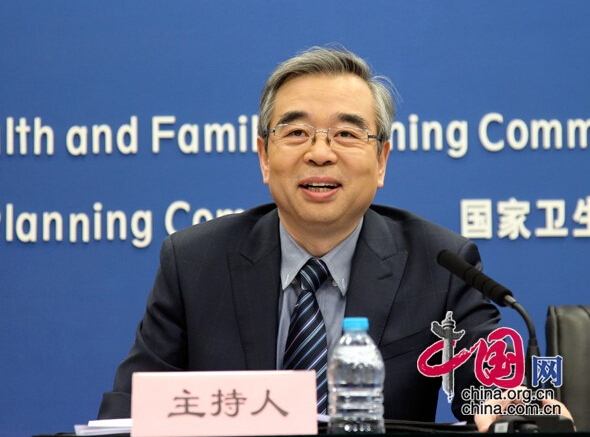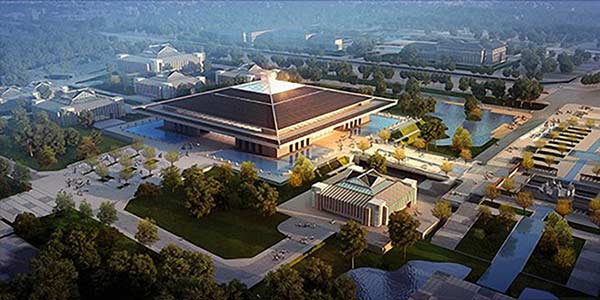|

|
|
People take photos of the landmark Taipei 101 building in Taiwan in January. [Zhu Xiang/XINHUA]
|
The mainland office responsible for cross-Straits relations has urged Taiwan to improve safety across its whole tourist sector and to take measures to ensure the safety of mainland travelers.
According to local media reports, the island’s transportation authority will raise the daily quota for mainlanders from 5,000 to 6,000 and allow them to stay for 30 days rather than 15.
The move comes after statistics showed a drop in the number of mainland tourists visiting over the Spring Festival holiday.
Taiwan ranked ninth on online travel agency Ctrip’s annual list of the most popular destinations for outbound tourists over the holiday, down from fifth last year.
Data from Taiwan’s Travel Agent Association also showed the number of mainland visitors had dropped by 20 percent during Spring Festival compared with last year.
However, on Wednesday, An Fengshan, a spokesman for the State Council Taiwan Affairs Office in Beijing, said the reason for the decline was “quite clear” and would only be reversed through improved cross-Straits relations.
“Other solutions are a move in the wrong direction and will not succeed,” he said.
Zhu Songling, a professor at Beijing Union University’s Institute of Taiwan Studies, said the decline in mainland tourists has affected Taiwan’s tourism industry and its economy.
Relations between the mainland and Taiwan have been tense since Tsai Ing-wen took office as the island’s new leader on May 20.
Tsai has failed to acknowledged the 1992 Consensus, which refers to the one-China policy, and official channels of cross-Straits communication have been suspended.
Tsai’s refusal to acknowledge the 1992 Consensus “has damaged all the hard work toward peaceful relations across the Taiwan Straits”, Ma Xiaoguang, another spokesman for the State Council Taiwan Affairs Office, has previously said. “Whoever started the trouble should end it.”
The situation was further compounded when US President Donald Trump challenged the one-China principle by taking a congratulatory call from Tsai in December shortly after he won the presidential election.
China’s Foreign Ministry has called on the new US administration to stick to the one-China principle and limit its relationship with Taiwan to a nonofficial level.
Meanwhile, on Saturday, 21 mainland tourists were injured in a bus accident in Kaohsiung, a city in southern Taiwan. The bus, carrying 25 tourists and a tour guide from the mainland, hit the edge of a tunnel after the driver took a wrong turn.
The injured were taken to hospital. Everyone, apart from the tour guide who remains in hospital, has returned to the mainland, An said, adding that mainland authorities had extended their sympathies to those injured and helped handle the accident through nongovernmental tourism organizations on the two sides of the Taiwan Straits.
He also urged Taiwan to improve safety of its tourist sector and ensure the safety of mainland travelers.
read more





